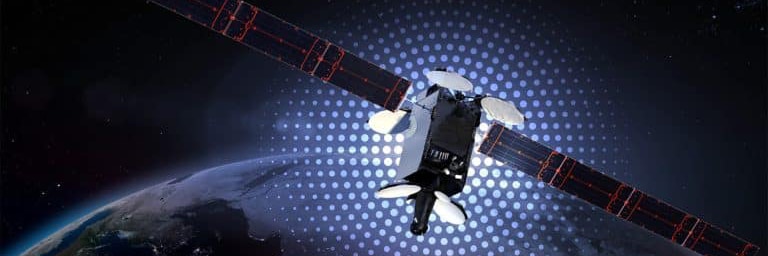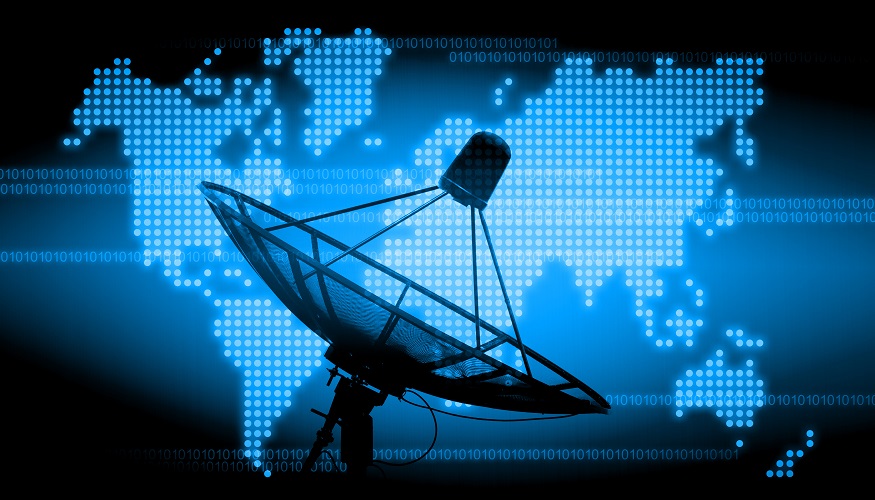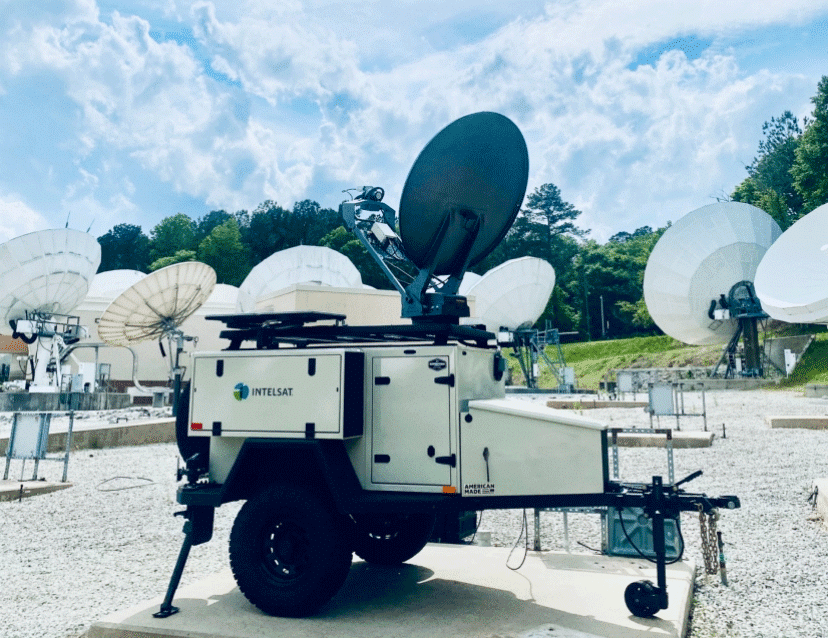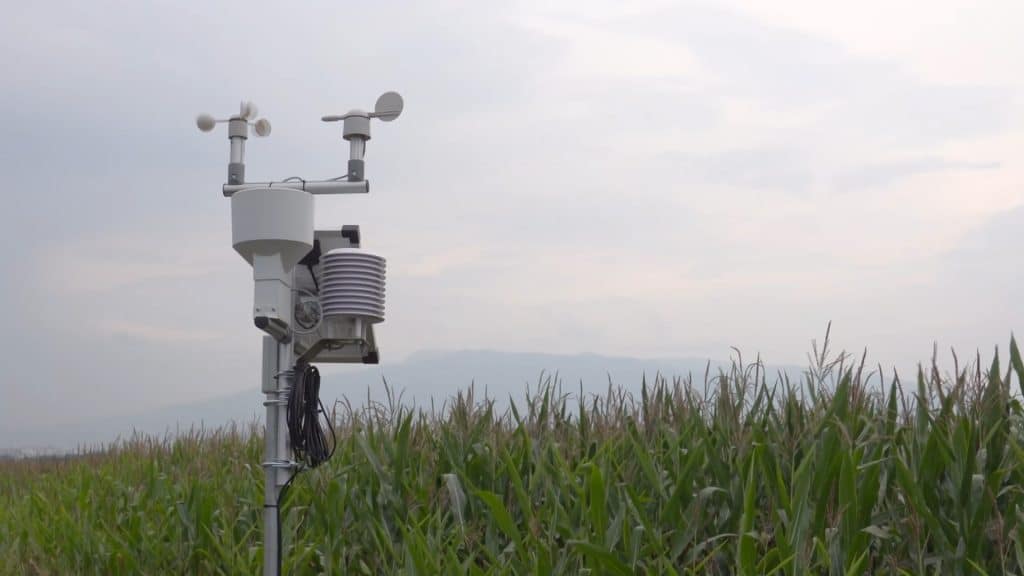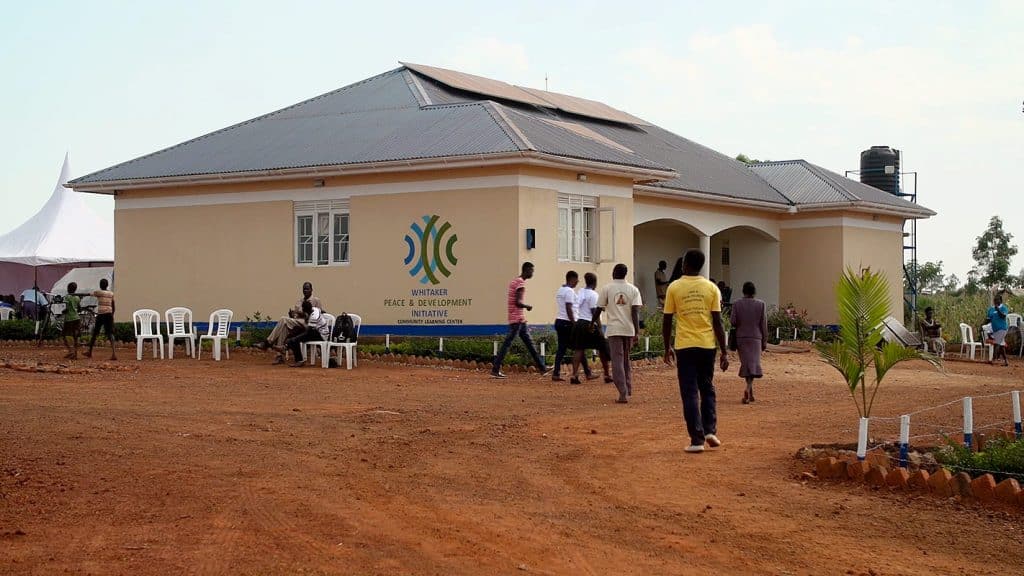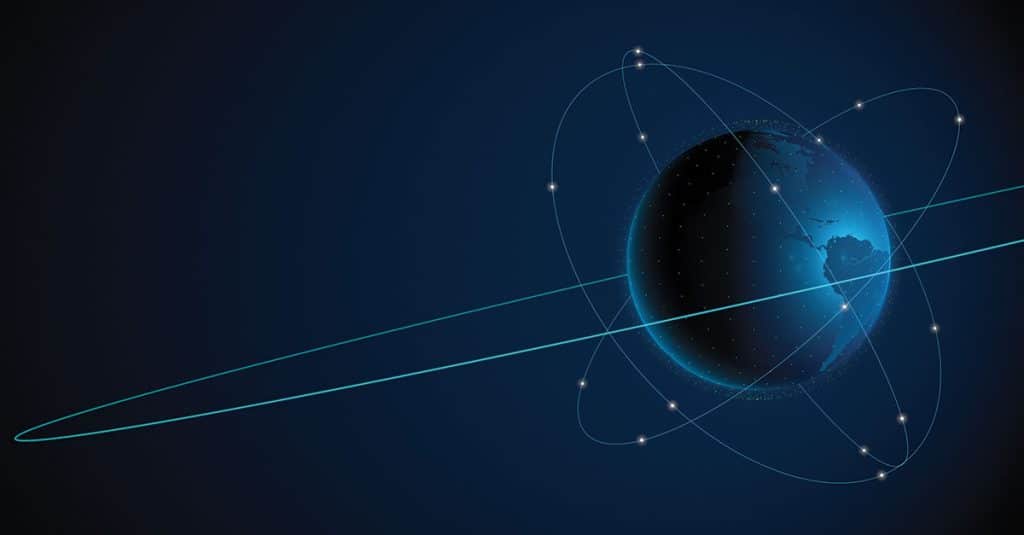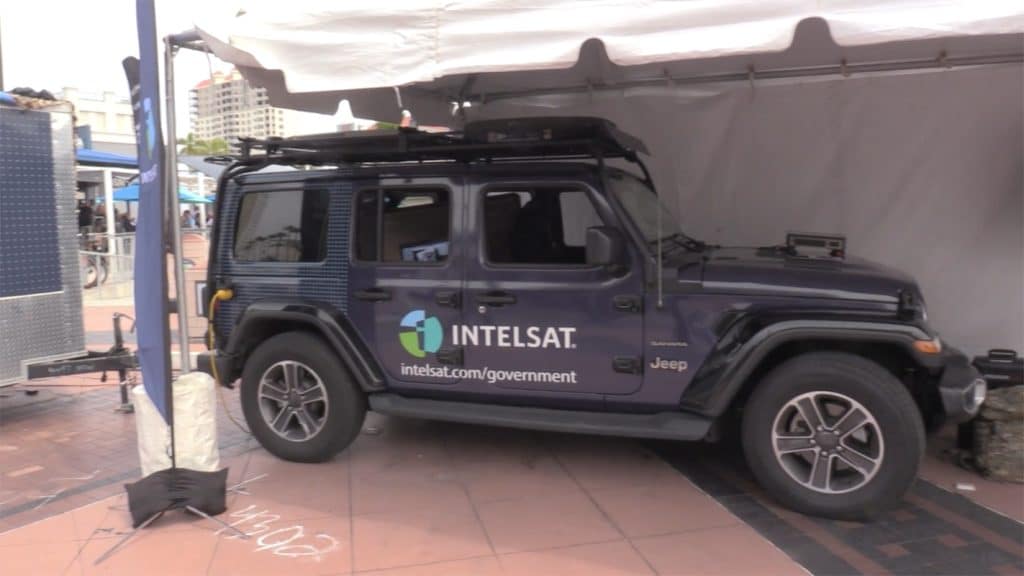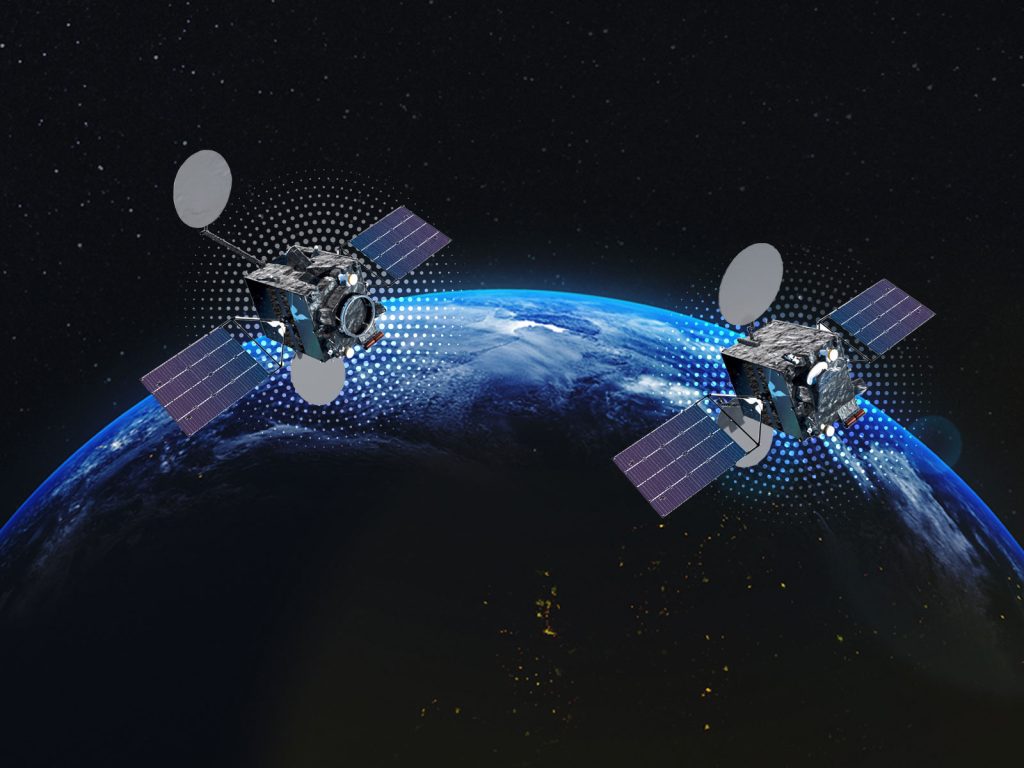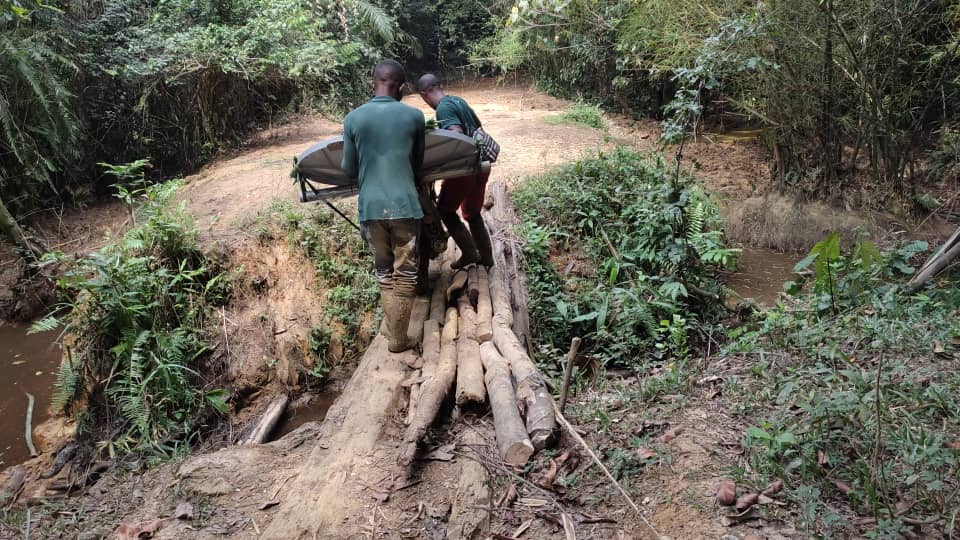How Outsourcing Your Satellite Related Services Saves You Time and Money- An interview with Claudia Diamante

The budgetary climate and the pace of technological innovation are making outsourced satellite-related services (SRS) increasingly compelling for government and commercial customers alike. The Air Force, for example, has been developing a strategy for better managing its satellite operations. One of the areas discussed has been leveraging commercial capacity to perform telemetry, tracking and control (TT&C) for the Air Force’s Wideband Global Satcom (WGS) constellation.
TT&C is just one of the services available under the SRS umbrella. Recently SatCom Frontier spoke with Claudia Diamante, Senior Manager for SRS at Intelsat General Corporation (IGC). Claudia shared more detail on IGC’s SRS offerings, and her thoughts on why outsourcing satellite related services is expected to increase in the next few years.
First off, can you briefly outline the different components of what is known as SRS?
At IGC, we think of four main “buckets” of distinct but related SRS capabilities spanning the life cycle of the satellite:
- Satellite construction oversight & Launch management
- Transfer-orbit support services (TOSS) when a client satellite reaches space
- In-orbit testing (IOT) of new client satellites
- Tracking, telemetry & control (TT&C) for the life of the client satellite
What are IGC’s qualifications and experience in these areas?
The same highly-qualified and experienced engineers that have successfully managed the Intelsat satellite constellation of more than 50 satellites for decades, also perform the services for third-party customers. Intelsat currently operates 25 third-party spacecraft for five different customers.
The customer program benefits from all of the lessons learned on all previous (and current) Intelsat programs. During satellite construction, the Senior Vice President of Space Systems actively reviews non-Intelsat programs, in exactly the same way our own programs are managed. If any issues arise that require corrective action, the Senior Vice President will consult with members of the Space Systems team to ensure that the best solution is put forward to resolve the issue. If Intelsat encounters an issue with a component on one of its programs, Intelsat makes sure that none of the other programs being managed are impacted, and if they are, immediately puts corrective actions in place.
Intelsat General manages all business aspects of the customer relationship for SRS and ensures that all external customer needs are met. Information regarding Intelsat and customer programs is kept strictly within the engineering group managing the program or project. Intelsat takes confidentiality very seriously and does not divulge any information about a customer program to any other department within Intelsat or outside the company.
Could you describe in a bit more detail the program management component?
Intelsat monitors the progress of the design, construction, and integration of the satellite at the chosen manufacturer’s facility. Intelsat will typically designate engineers from the Space Systems Acquisition (SSA) team to be located on-site at the manufacturer throughout the spacecraft construction phase. In this regard, Intelsat will assign one individual to be the primary payload engineer and one individual to be the primary bus engineer.
These two engineers are able to leverage the entire Intelsat Program Office to support key milestone meetings and any other activity required for the duration of the program. These resident engineers assess the manufacturer’s design, manufacturing processes, and quality practices.
The SSA team applies rigorous management and technical practices and methods throughout the lifecycle of the program. The primary concern of Space Systems Acquisition is the procurement of reliable / high-quality spacecraft that both meet the technical requirements and the in-service date required by the business plan. SSA ensures this is achieved throughout the spacecraft program.
How could the U.S. DoD benefit from outsourced SRS?
As I already mentioned, the commercialization of WGS flight operations is currently being considered by the Air Force, and we are waiting for a draft RFP to be issued soon.
The U.S. Air Force is also moving forward with augmenting the Air Force Satellite Control Network (AFSCN) with commercial provisioning of ground networks to support the TT&C requirements for over 155 government satellites.
What new developments in the area of SRS do you think might happen in the next 18-24 months?
We are planning to add ground services support to our suite of services. We will be developing this product line in the next six to nine months. This is an exciting area of growth in which we could leverage our existing teleport operations capabilities to support the ground-services needs of upcoming LEO constellations like OneWeb.
Other developments include the addition of new satellites for TT&C operations and an increase in TOSS missions due to new launch vehicles like SpaceX.
As the operator of the world’s largest satellite fleet, Intelsat has the design, build, and in-flight expertise that spans all of the major spacecraft manufacturers. Our company is uniquely qualified to offer outsourced SRS, and IGC looks forward to expanding these service offerings to meet the existing and future needs of companies and agencies around the world.





